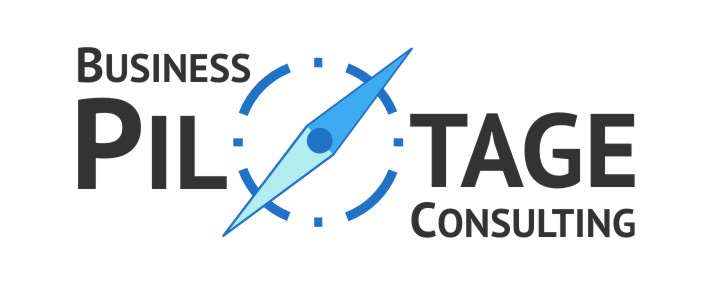Marketing’s role as a clock generator for the business strategy

Marketing is more than just colourful images, bows and curtains.
Marketing has crucial input on markets, target groups, stakeholders, positioning, attitudes etc. for strategy development. It has a more valuable role for the strategy to play when its insights and relationships inside and outside the organisation are used to set the pace for the business.
Unfortunately, the CMO / Head of Marketing role is often associated with too small a scope. After all, it concerns the whole company and its profit, whether products fit the market and how successful their commercialisation is.
Marketing costs have a direct impact on EBIT, but instead of seeing it only as a cost factor, one must also measure the ROI of marketing. Furthermore, it needs to build important relationships both inside the company, e.g. to sales, customer service etc., and outside in the form of public and investor relations.
In addition, there are the insights into the market, its participants and importance for the expected profit, which is too often detached as product management. A CMO should be responsible for market research, product development / marketing, branding, and MarComms.
Companies in which product development and marketing are too little aligned with each other, but rather work sequentially, are less successful than those where they are like “cast from one mould”.
What role should marketing play at the strategy table?
Heads of Marketing (CMOs or whatever you want to call them) have to take P&L responsibility and think entrepreneurially. Those who can’t do that are stuck with the colourful pictures. Conversely, CEOs must also give them the decision-making power that comes with P&L responsibility, otherwise the company will not benefit from the true marketing. Too often you see products that are developed because they can be built without there being a market for them! Whoever then says: marketing should sell what is produced, has understood nothing…
